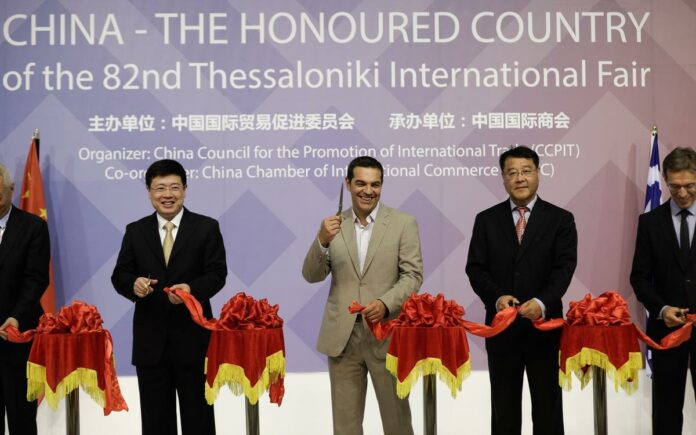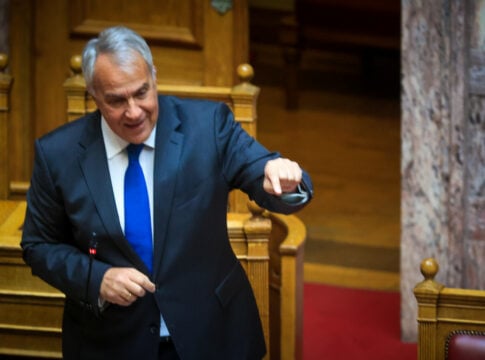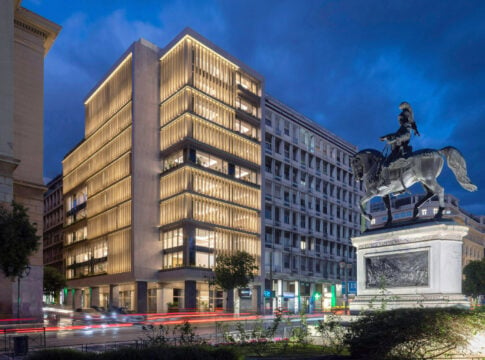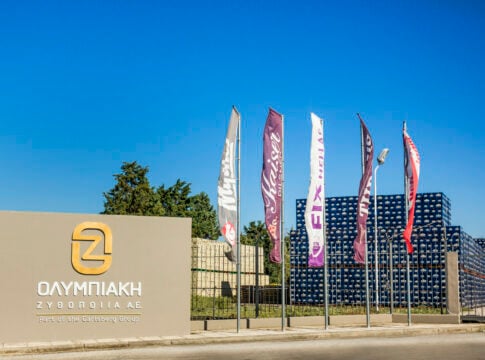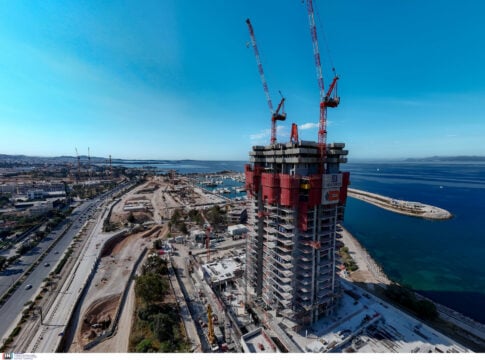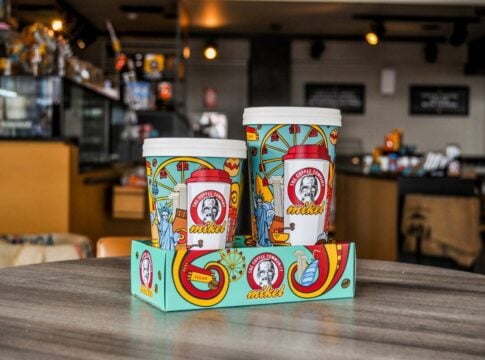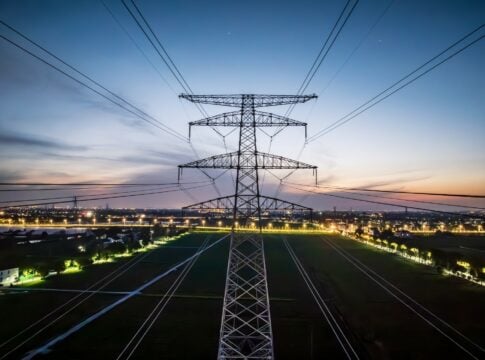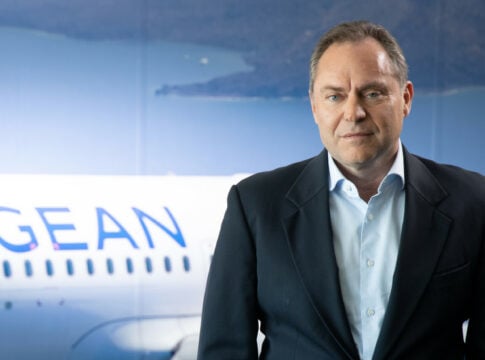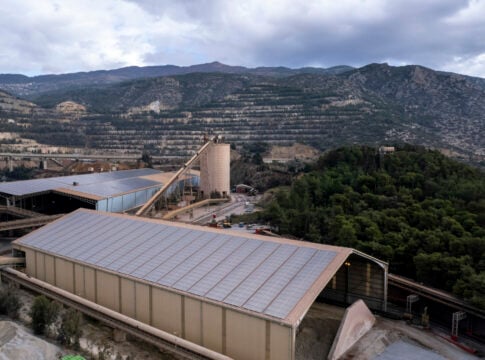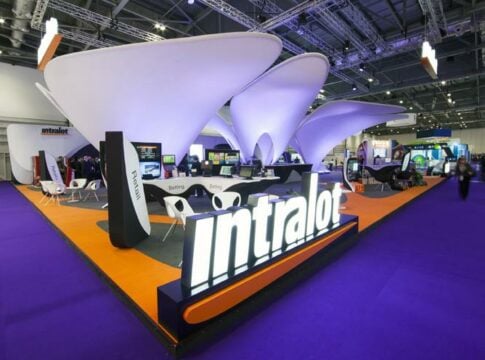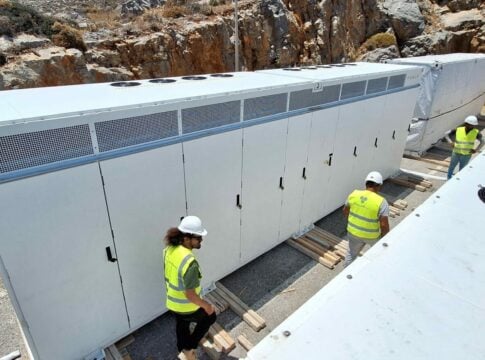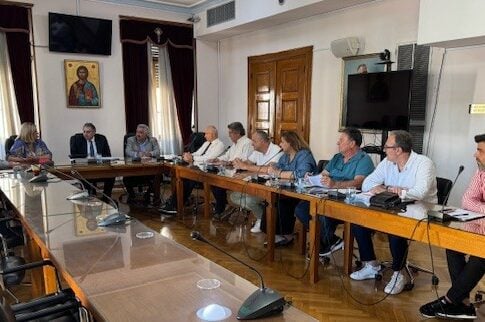Greek Prime Minister Alexis Tsipras inaugurated the 82nd Thessaloniki International Fair (TIF) in the northern Greece metropolis on Saturday, the biggest trade exhibition in the country and the venue for an annual unofficial state-of-the-economy address by the serving premier.
Opposition leaders also make their way to the Thessaloniki trade fair every September, touring pavilions and then giving a wide-ranging press conference, something that Tsipras will do on Sunday.
For the Greek PM and his embattled leftist-rightist coalition government, which is steadily trailing the center-right opposition in all mainstream opinion polls, the Thessaloniki venue entails bitter-sweet memories.
Tsipras’ appearance in September 2014 at the same venue marked his and his leftist SYRIZA party’s final mad dash towards assuming power – something that occurred a few months later with a landslide election victory in a snap election. The poll was triggered when most of the opposition purposely declined to back any single candidate for president of the republic, resulting in the constitutionally mandated snap election. One-hundred and eighty out of 300 MPs in Parliament are needed to elect the figurehead president in Greece.
The downside of the visit for Tsipras are bitter recollections of his so-called “Thessaloniki program”, named so after the venue where it was presented. The program announced at the time by the virulently anti-bailout and anti-austerity Tsipras of 2014 was replete with ample spending measures and a wholesale rollback of fiscal austerity applied by the previous coalition governments. Three years on, the “Thessaloniki program” is at best described as a “well-meaning leftist wish-list”, and at worst by the opposition, as a populist fairy tale simply aimed at hoodwinking hard-pressed voters.
Α distinct highlight of Saturday’s events was the inauguration, by Tsipras himself, of the People Republic of China’s exhibition hall, as the country has been designated as the honored country for the 82nd TIF. Chinese multinationals have increasingly cast an eye on Greece, especially over the crisis years, for possible direct foreign investments. The landmark privatization of the Piraeus Port Authority (PPA) in August 2016 was awarded to Chinese shipping and port giant Cosco.
In terms of the actual trade fair itself, the eight-year recession in the east Mediterranean country has been particularly punishing on its private sector participation.
For instance, the pavilions where Tsipras spent most of his three-hour tour on Saturday were fielded by state-run agencies and organizations, such as the newly nationalized Thessaloniki Urban Bus Company (OASTh).
Nationalization of the debt-ridden provider last month and the subsequent appointment of the father of Tsipras’ close associate, current Digital Policy Minister Nikos Pappas, caused a firestorm of criticism by the opposition and charges of nepotism.
Tsipras later toured a pavilion set up by the state-run consortium overseeing the building of Thessaloniki’s metro line, along with three different pavilions by state-run companies involved in rail operations in Greece: one that owns and manages the rail network (OSE), another that’s the actual rail operator (Trainose), and yet another that manages the one-time national railroad’s real estate holdings and its construction appendage. Only the second, Trainose, is on line for privatization, as per a memorandum obligation.
Yet more pavilions run by the state sector on Tsipras’ tour included Thessaloniki’s water company (EYATh), itself possibly on the sale block, and even a pavilion operated by the labor ministry to tout its “Social Solidarity Income” program, where the relevant deputy minister briefed her political boss on a plan to offer school lunches to eligible pupils around the country.


